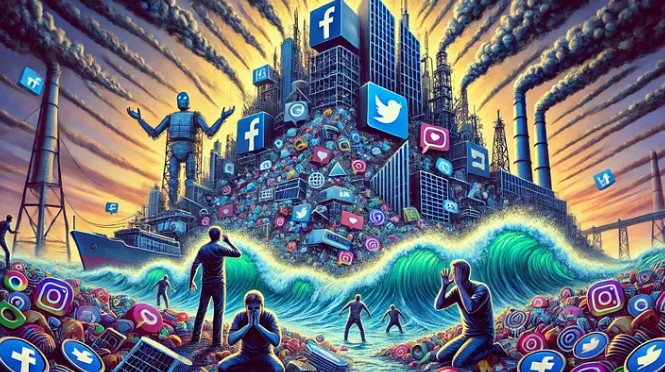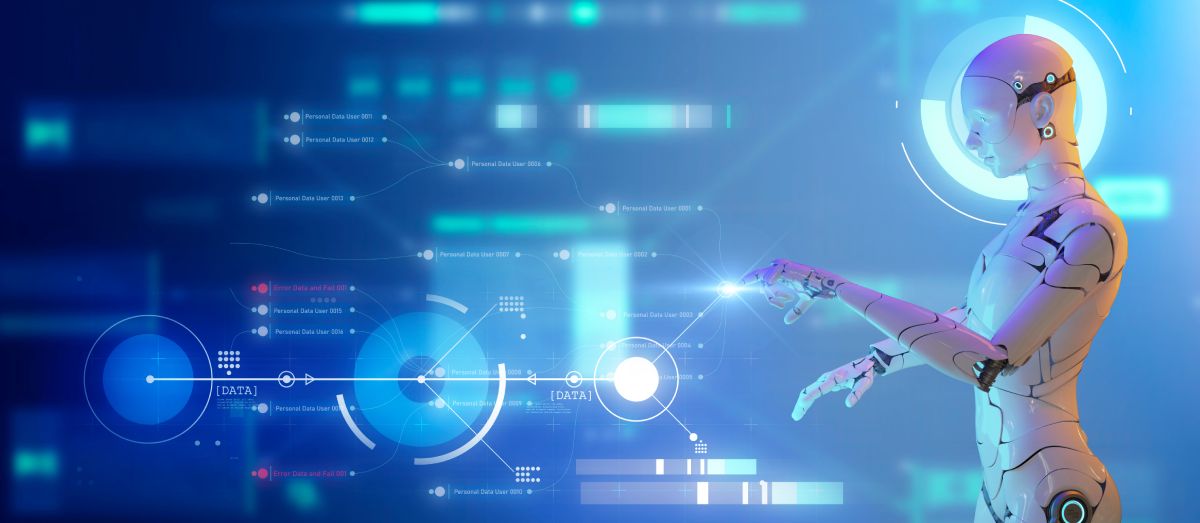Artificial Intelligence (AI) is transforming industries, enhancing productivity, and solving complex problems. Yet, it comes with risks that can potentially cause significant crises. From economic disruption to ethical dilemmas, the AI-Fueled Crisis is a real concern. Explores these challenges and how society can respond.
Job Displacement and Economic Impact
One of the foremost concerns concerning AI is its potential to uproot human specialists. Automation, powered by AI, can replace jobs in sectors like manufacturing, customer service, and transportation. While AI can increase efficiency, it can lead to significant unemployment. The shift from human labor to machine-driven processes leaves workers vulnerable, especially those in low-skill jobs. The ripple effect extends beyond individuals losing jobs. Entire industries could be restructured, leading to an economic crisis if workers are not retrained and transitioned to other roles.
Ethical Concerns and Bias of AI-Fueled Crisis
AI systems are as it were as fair as the information they are prepared on. Unfortunately, data can reflect human biases, leading to AI models that perpetuate or amplify discrimination. For example, facial recognition software has been shown to misidentify people of color more often than white individuals. These biases can lead to unfair treatment in hiring, law enforcement, and healthcare sectors. The ethical implications of AI systems making decisions that affect people’s lives are profound. If AI algorithms make biased decisions, it can create societal inequality and injustice on a large scale.
The Rise of Deepfakes of AI-Fueled Crisis
One of the most alarming outcomes of AI-Fueled Crisis advancement is the rise of deepfakes—videos and audio manipulated to show or sound like real people saying or doing things they never did. This technology has the potential to cause political and social crises by spreading disinformation. Deepfakes can undermine trust in media and leaders, making it difficult for people to distinguish between reality and fiction.
Privacy and Surveillance
AI is increasingly used in surveillance, leading to concerns about privacy violations. AI-powered cameras and facial recognition systems are becoming more prevalent in public spaces, creating an atmosphere of constant monitoring. While surveillance can enhance security, it also opens the door to misuse, particularly by authoritarian governments that can use AI to suppress dissent.
Autonomous Weapons
The development of AI in military applications poses one of the most terrifying threats. Autonomous weapons, or “killer robots,” have the potential to make life-or-death decisions without human intervention. The use of AI in warfare raises ethical questions about accountability. Who is responsible when an AI-powered weapon makes a mistake? Furthermore, the proliferation of autonomous weapons could spark an arms race, making the world less stable and increasing the likelihood of unintended conflicts.
AI and Cybersecurity Threats
AI can be a powerful tool in the hands of cybercriminals. AI systems can identify vulnerabilities in networks and exploit them faster than any human could. The development of AI-powered hacking tools could lead to a surge in cyberattacks, resulting in financial loss, data breaches, and the potential collapse of critical infrastructure. Governments and corporations must invest heavily in AI-based cybersecurity solutions to combat these evolving threats, but the race between attackers and defenders could create an arms race of its own.
The AI Black Box Problem
One of the major challenges with AI is the “black box” problem—the inability to understand how AI algorithms arrive at certain decisions. As AI becomes more integrated into industries such as healthcare, finance, and criminal justice, the lack of transparency becomes a serious issue. When AI makes critical decisions—such as diagnosing a disease or approving a loan—it’s vital that humans understand the reasoning behind those decisions. Without transparency, it becomes nearly impossible to hold AI systems accountable, creating the potential for disastrous errors.
Dependency on AI-Fueled Crisis
As AI continues to infiltrate daily life, there is a growing dependency on these systems. From GPS navigation to recommendation algorithms, people increasingly rely on AI to make decisions. While this enhances convenience, it also creates vulnerabilities. If these systems fail or are compromised, it could disrupt critical services. Moreover, over-reliance on AI may diminish human critical thinking skills, leading to a crisis where society cannot function effectively without technology.
Regulatory Challenges AI-Fueled Crisis
Governments are struggling to keep up with the rapid pace of AI development. Current regulations often lag behind technological advancements, leaving a gap that can be exploited by companies or malicious actors. The lack of global standards for AI development and use creates an environment where innovation may outpace safety, increasing the risk of crises.
Conclusion
AI has the potential to revolutionize industries and improve lives, but its rapid advancement brings significant risks that could lead to societal crises. From job displacement to ethical concerns, deepfakes, and cybersecurity threats, the challenges posed by AI are multifaceted and complex. Addressing these issues will require coordinated efforts from governments, industry leaders, and civil society to ensure that AI is developed and deployed responsibly. Only by proactively managing these risks can we avoid an AI-Fueled Crisis and harness the technology’s potential for the greater good.










